I'm here at the annual AWE event in Santa Clara, California, and the venue is just as packed, if not more so, than last year.
There's still a lot of exploring to be done, but I wanted to take a moment to point out some of the coolest augmented reality-powered swag I've ever seen. It's a kind of a magic bag of sorts.
The bag itself acts as a kind of social networking beacon by allowing anyone using the AWE app to scan your bag and receive (when you have privacy mode turned off) your contact information, including your name, industry affiliation, photo or avatar, and links to your website or LinkedIn profile.
Overall, the process is pretty straightforward, you simply download the AWE conference app (iOS and Android), set up your profile, and then pair the app with your specific bag by scanning it using the app's camera menu (which then prompts you to enter a unique code attached to the bag).

Adario Strange/Next Reality

Adario Strange/Next Reality

Adario Strange/Next Reality

Adario Strange/Next Reality
Once that's all done, you can share and collect information just by walking around with your bag and scanning the bags of others. The way the app recognizes the bag's unique fabric is through a patented machine vision algorithm.
"Fabrics are part of how you express yourself. The fabrics you have on, for the most part, are not unique," Yoel Fink, CEO of AFFOA, and a professor of materials science at MIT, told me during a conversation at the event on Wednesday.

Adario Strange/Next Reality
"What we're trying to do here is create a fabric that is as unique as you are. Each one of the woven fabrics [on the bags] were made in a mill in South Carolina called Inman Mills that weaves a unique pattern for each bag. The idea is: 'How do you get a fabric to mean a whole lot more than it means today?'"
Fink also thinks the AFFOA AR pattern dynamic could also work well in other situations, from hospital gowns to identify patients, and even in the realm of high fashion. The key the he emphasizes repeatedly, is that these are uncontrolled, passive information vectors, the wearer always has the option to turn privacy mode on to remain anonymous, a feature not possible when the biometric identification vector is your face.
The AWE team created the bag in a unique partnership with Massachusetts-based Advanced Functional Fabrics of America (AFFOA), and was also supported by Inman Mills, the PLH Fashion Group, and UNIFI Media.
The first iteration of this dynamic launched last December as a Kickstarter project called the LOOks Backpack. Back then, AFFOA failed to reach its $10,000 goal. However, this mini-rebirth of sorts proves that the idea is not just a cool way to marry AR and everyday objects, but it's also a potentially powerful new networking tool beyond events like AWE.
- Follow Next Reality on Facebook, Twitter, Instagram, YouTube, and Flipboard
- Sign up for Next Reality's daily, weekly, or monthly newsletters
- Follow WonderHowTo on Facebook, Twitter, Pinterest, and Flipboard
Cover image by Adario Strange/Next Reality





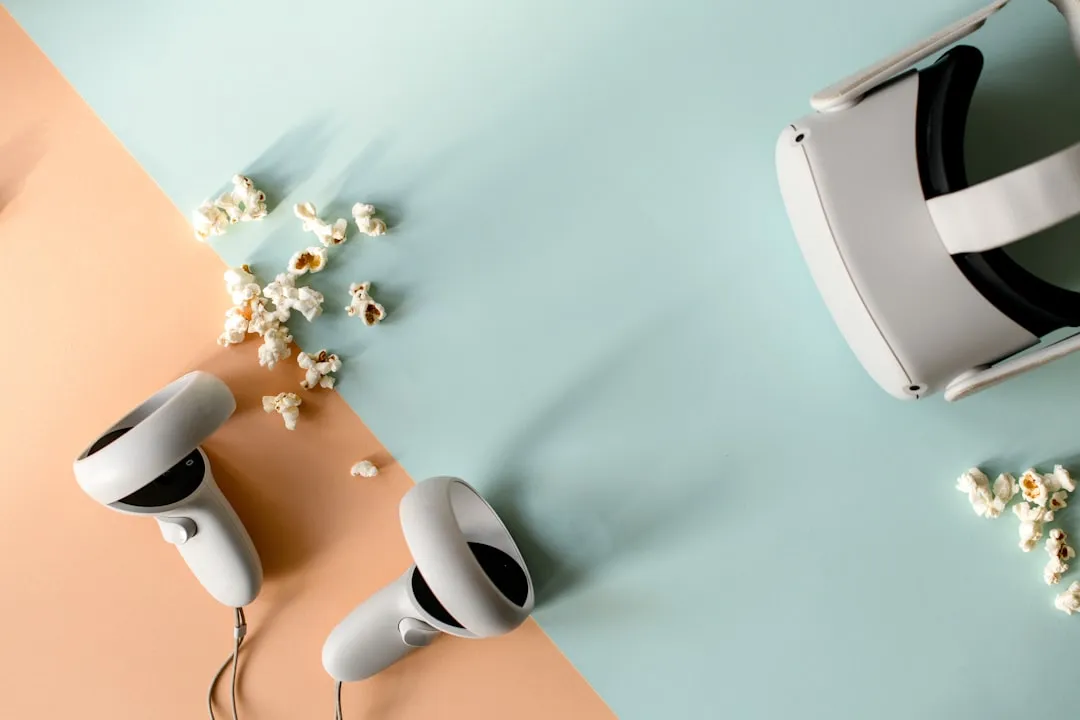
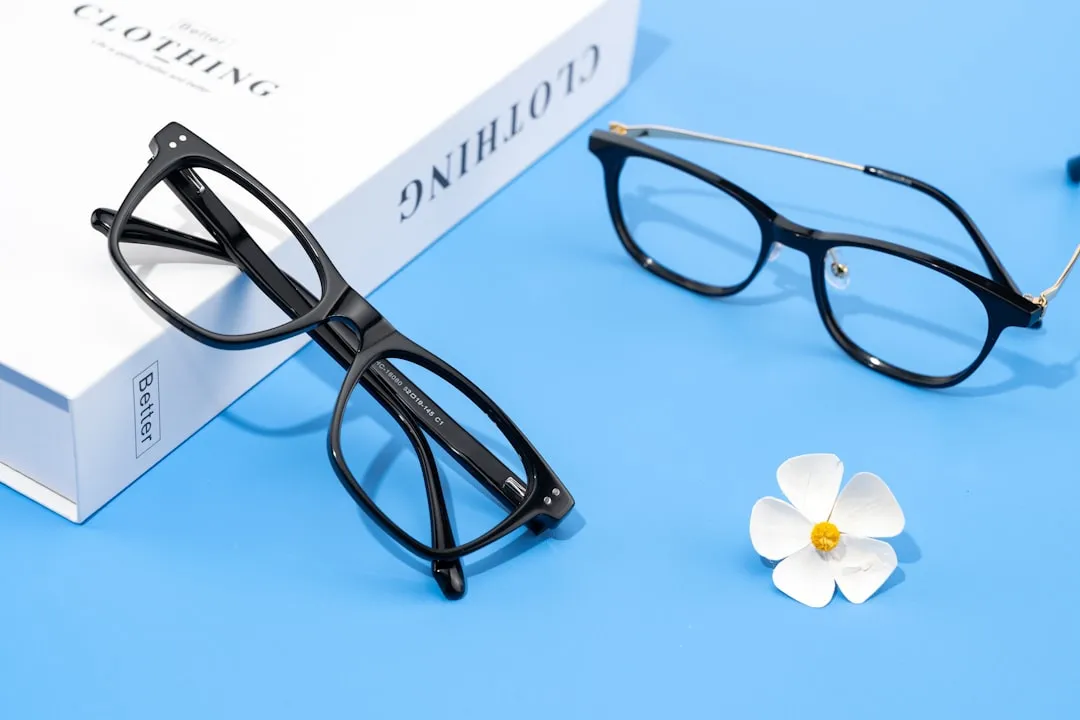


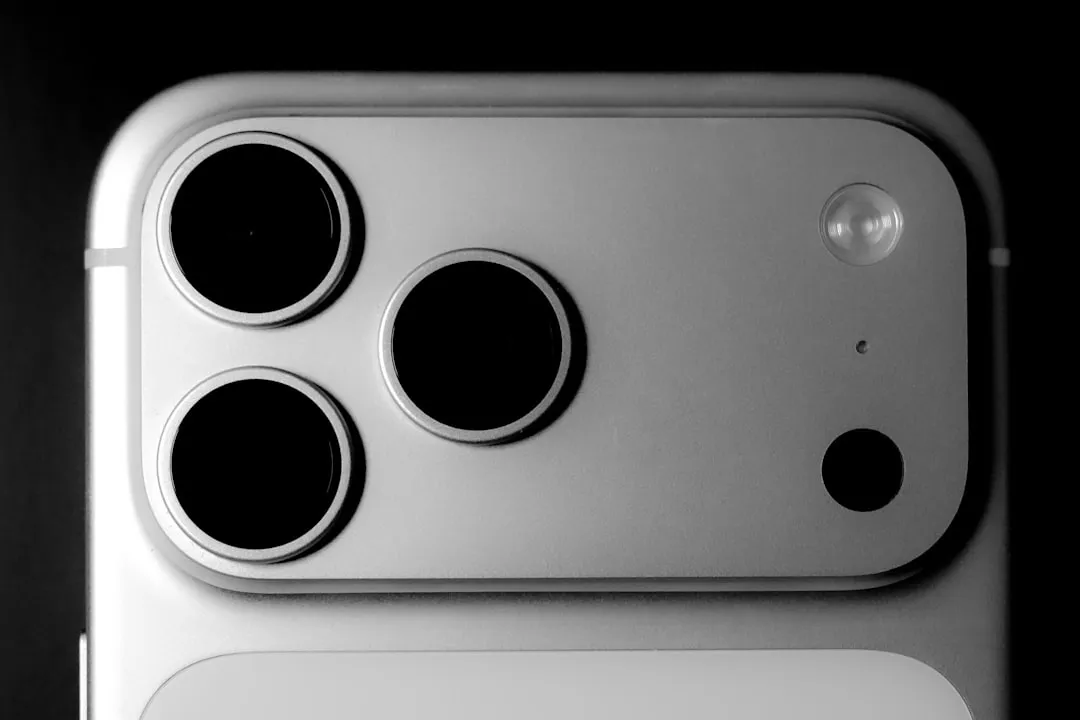
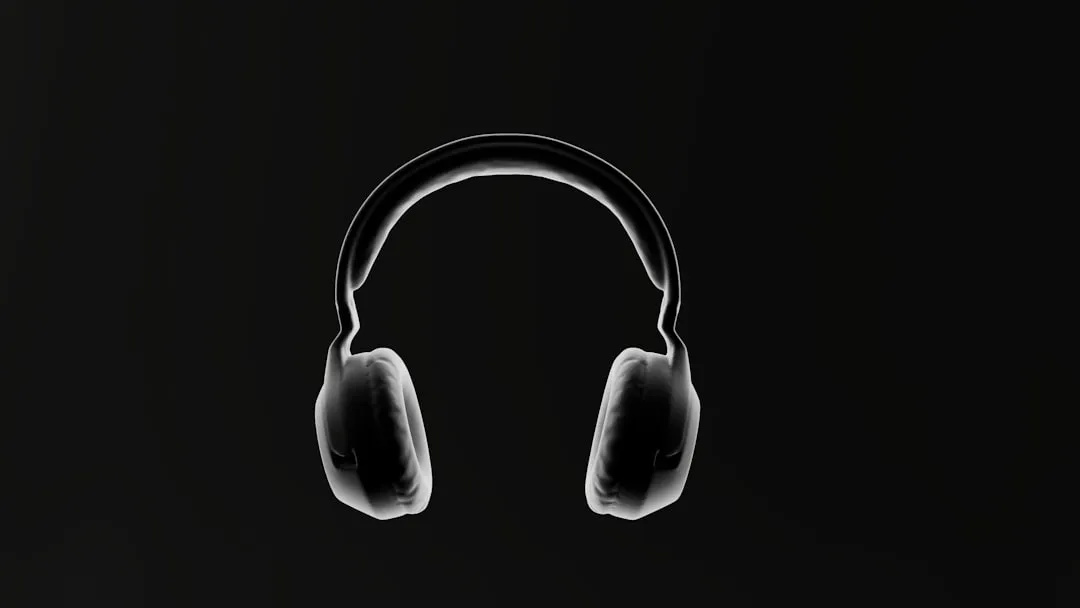
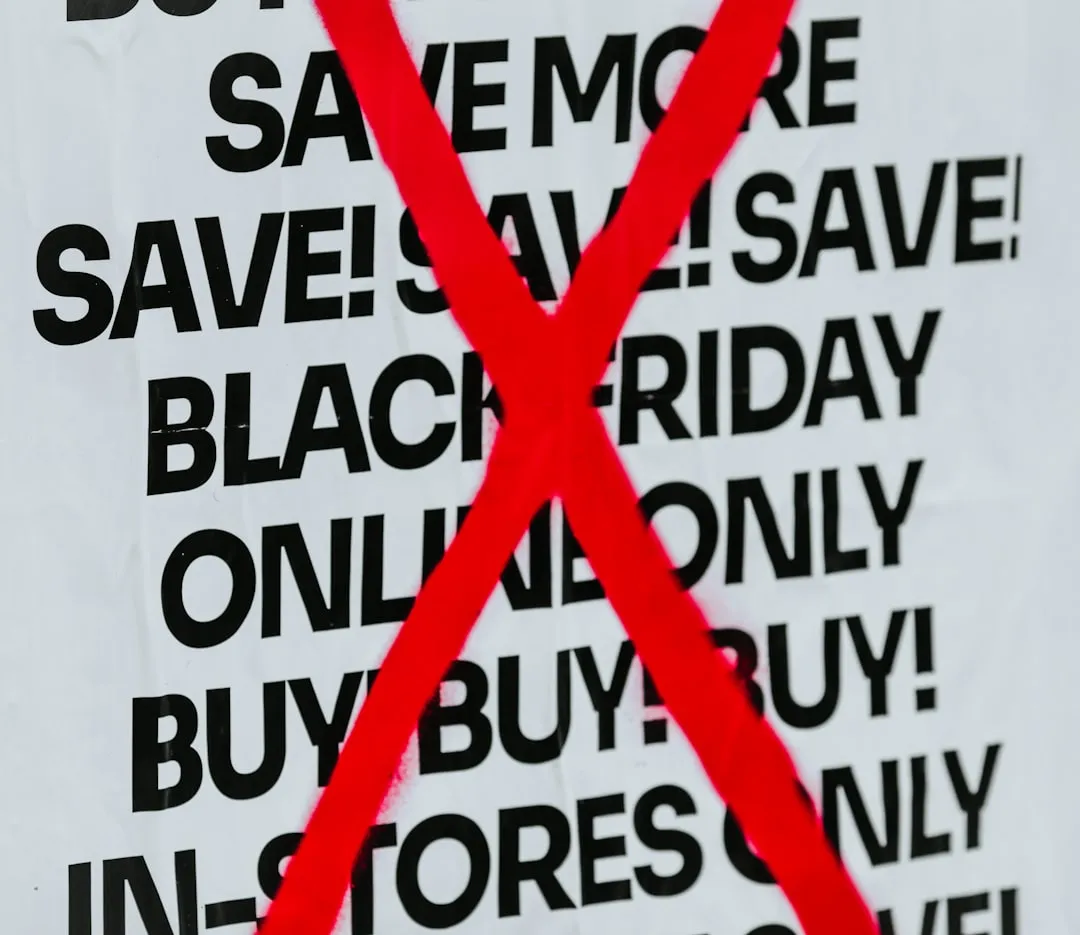
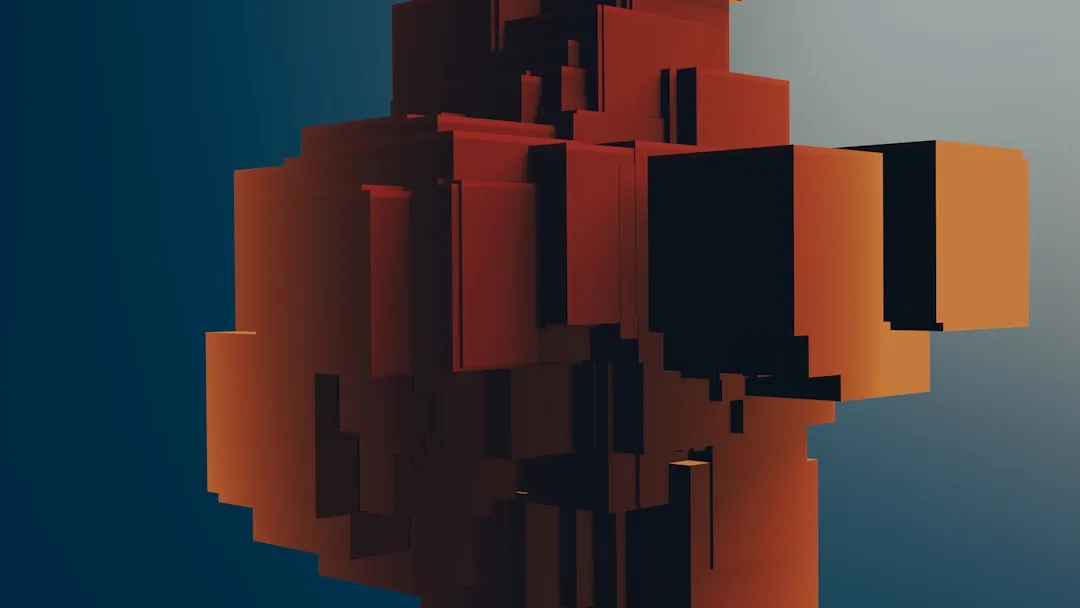
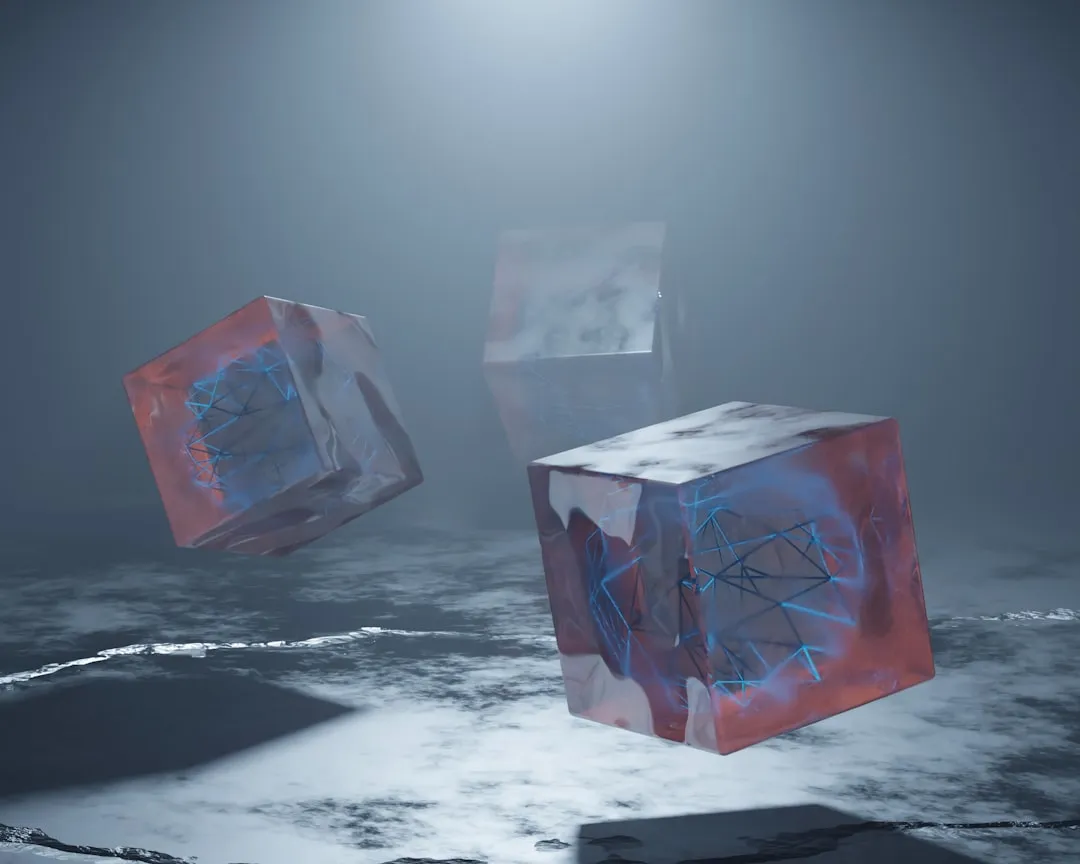
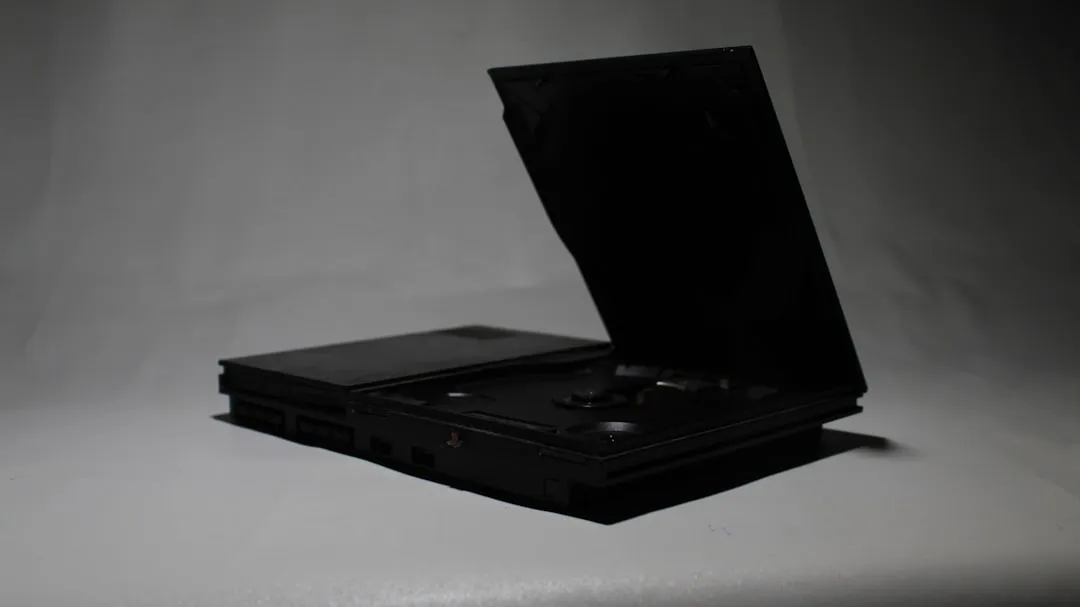








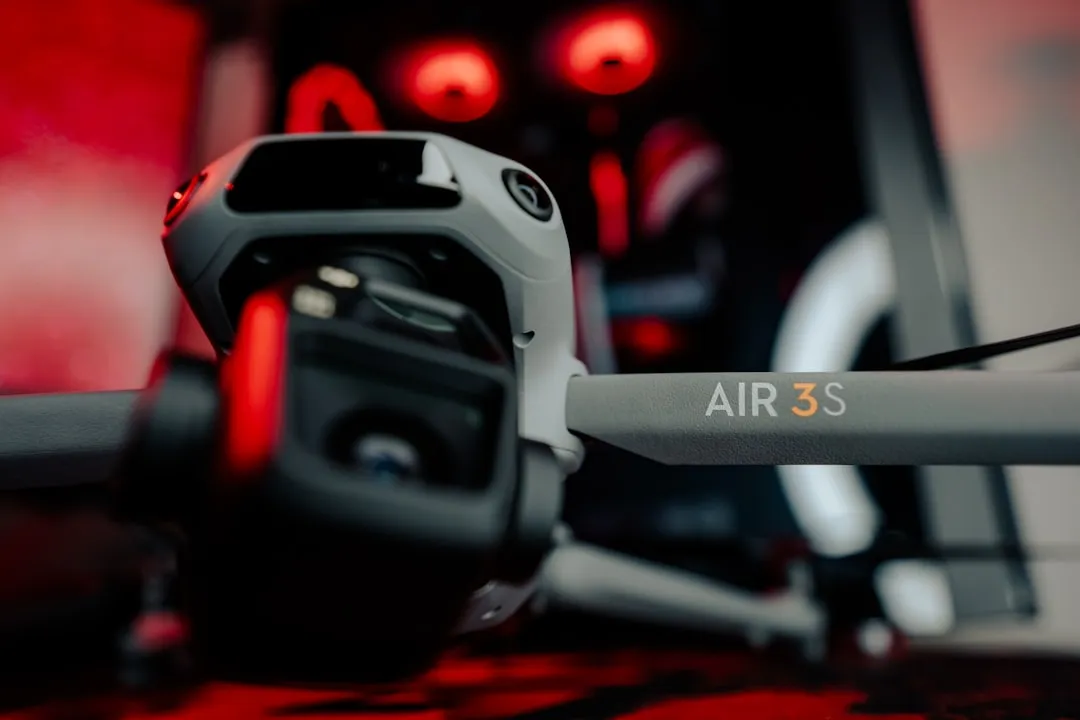
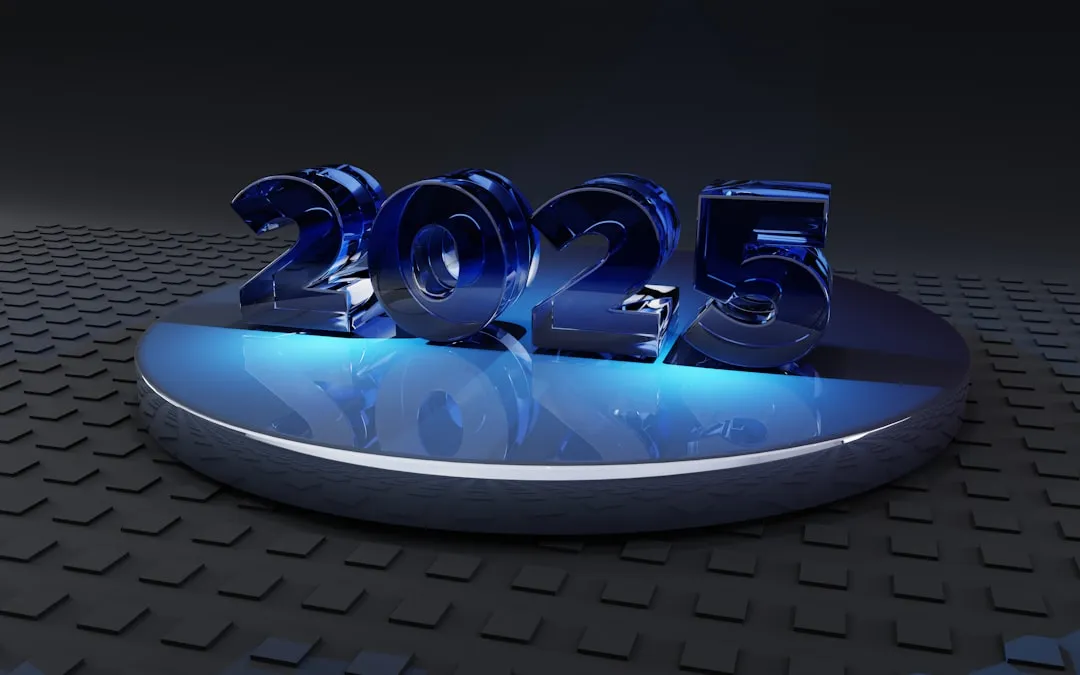
Comments
Be the first, drop a comment!